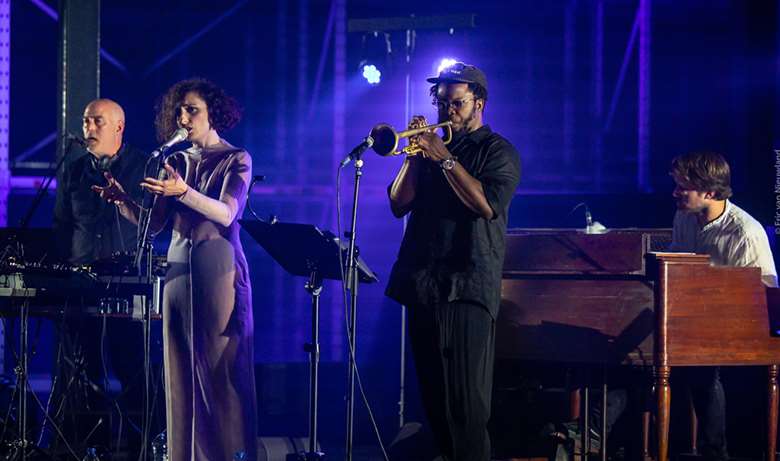Sanem Kalfa’s Invisible Columns among inJazz’s daring Dutch highlights
Jo Frost
Wednesday, June 28, 2023
Jo Frost soaks a wide range of progressive sights and sounds at this adventurous festival’s twin locales in Amsterdam and Rotterdam


Register now to continue reading

Thank you for visiting Jazzwise.co.uk. Sign up for a free account today to enjoy the following benefits:
- Free access to 3 subscriber-only articles per month
- Unlimited access to our news, live reviews and artist pages
- Free email newsletter